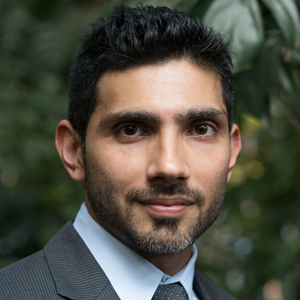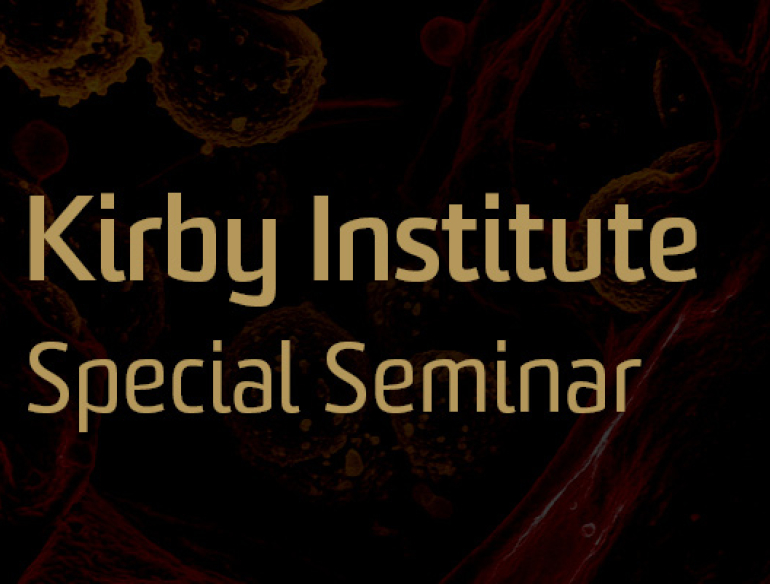Location:
Berg Family Foundation Seminar Room, Level 6, Wallace Wurth Building, Kensington Campus, UNSW Sydney
Contact for enquiries
+61 (2) 9385 0900 or recpt@kirby.unsw.edu.au
Kirby Institute Seminar Series presents
 |
Associate Professor of Medicine, Johns Hopkins University School of Medicine, USA |
About your speaker
Dr Sunil Suhas Solomon, MBBS PhD MPH is an Associate Professor of Medicine, in the Division of Infectious Diseases, at the Johns Hopkins University School of Medicine. He is also the Chairman of the YR Gaitonde Medical Educational and Research Foundation, Chennai, India. He completed his medical training at the Sri Ramachandra Medical University in Chennai, India and received a Masters in Public Health and a doctorate in Epidemiology (PhD) from the Johns Hopkins University, USA. Dr Solomon has been elected into the Phi Beta Kappa honors society for academic excellence and the Delta Omega Public Health honors society. His research is focused on the epidemiology, clinical management and access to HIV and HCV care among vulnerable Indian populations, such as people who inject drugs and men who have sex with men. He has published extensively on these topics in highly ranked peer-reviewed journals such as the Lancet ID, Lancet HIV, Clinical Infectious Diseases, American Journal of Epidemiology, Addiction and AIDS. In 2015, he was one of the first recipients of the Avenir award, a Director’s award from the National Institutes of Health, USA aimed at identifying individuals who propose high impact research and who show promise of being tomorrow's leaders in the field of drug abuse and HIV.
Abstract
Despite global declines in HIV in India, prevalence remains high among key populations, such as men who have sex with men and people who inject drugs. Both these populations face similar challenges, namely both behaviors are criminalized and stigma in health care settings. Further, they require a wide range of services such as HIV counseling and testing, ART, TB treatment, opioid agonist therapy, STI diagnosis and treatment, condoms, etc. each of which are delivered via independent discrete venues. Dr Solomon will present findings and lessons learned from a cluster randomized trial that was designed to evaluate the effectiveness of integrated HIV prevention and treatment delivery on the HIV care continuum among key populations in India.
